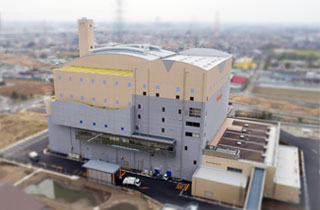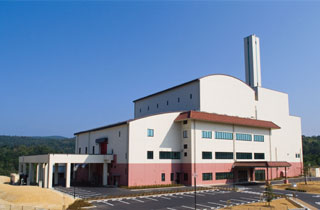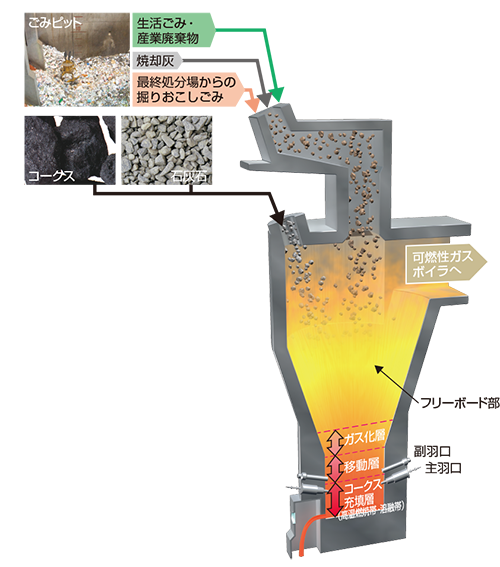- Waste-to-energy
- Japan company promises to transfer technology to Kerala’s plant
- Waste to Energy treatment system is coming to Kozhikode
- The Japanese company J. F. E ENGINEERING LIMITED
- Company Environment Director P. E Keichi Nagata discussed with Chief Minister
- Slag, concrete blocks, interlock tiles etc. can be made from waste
Thiruvananthapuram: The Japanese company J. F. E Engineering Limited to provide technical assistance. The co-operation was promised during a meeting held between the company’s Overseas Business Head and Environment Director PE Keichi Nagata and Chief Minister Pinarayi Vijayan. J F E Engineering Limited, which has the experience of installing more than 350 sewage treatment plants in different places of the world, has offered co-operation in the field of technology and construction for the project. The Government intends to complete the construction of the plant within two years. Kerala’s first waste-to-energy treatment plant to generate energy from waste is going to be set up in Kozhikode.

J F E Engineering India Pvt Ltd Managing Director B G Kulkarni, Sontra Infotech MD Raj Kumar and Chief Minister’s Officer on Special Duty Dr S Karthikeyan were present in the meeting held at the Chief Minister’s Chamber.

J F E’s gasification and smelting system will be adapted to handle various types of waste, including municipal waste, industrial waste, incineration ash and excavated waste. In high-temperature areas above 1600°C, even hazardous waste such as medical waste can be safely treated with J F E’s gasification and melting system.


In conventional incinerators, the non-combustible material in the waste is disposed of in the form of burnt ash. J F E’s gasification and melting furnace system gasifies combustibles and melts incombustibles at high temperatures, thus producing slag that can be safely used in a variety of engineering applications.

- Innovative continuous slag tapping system
- Safe and reliable operation
- Effective utilization of slag and metals
The slag can be effectively used for concrete blocks, interlock tiles, etc., and almost all metals can be recycled as copper products, greatly reducing the need for inorganic waste disposal facilities.
